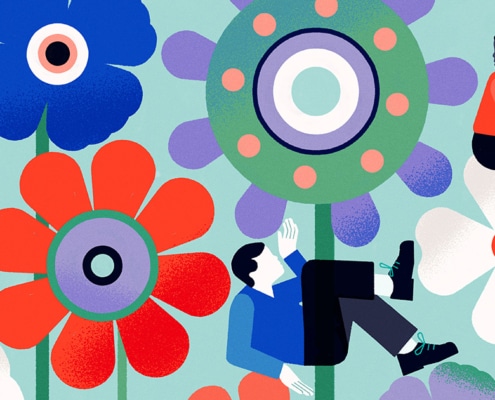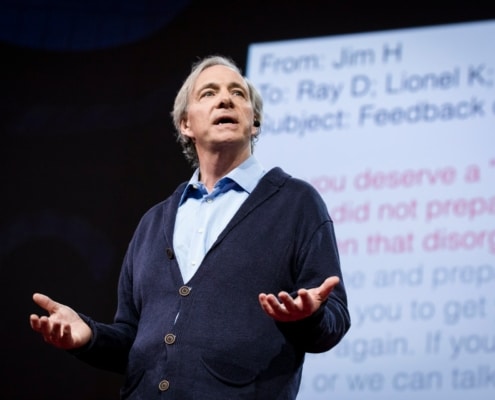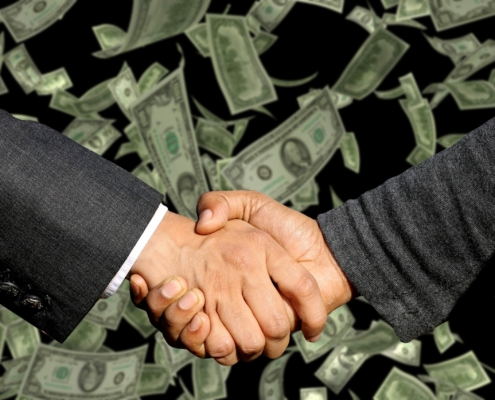Tag Archive for: cooperation

The Secrets of Cooperation
Blog, Incentives
Ray Dalio and the Game Theory of Choosing Business Partners
Blog, Decision Making, Personality & Personnel
The Double-Edged Nature of Cooperation
Blog, Cheating & Honesty, Corruption, Trust
American Unity Starts with the Truth
Blog, Cheating & Honesty, Leadership, Trust
Featured Collaborator for January: Robert Frank
Blog Interview with Robert Frank, the H. J. Louis Professor of Management and Professor of Economics at Cornell University's Johnson Graduate School of Management, author and New York Times columnist
Interview with Robert Frank, the H. J. Louis Professor of Management and Professor of Economics at Cornell University's Johnson Graduate School of Management, author and New York Times columnist
What are your main areas of research?
When I was recently asked to offer a short course based on my work, I chose “Rivalry and Cooperation” as my title, since these two themes have dominated my research for more than three decades.
My focus on rivalry springs from the fact that humans evolved under extremely competitive conditions in which local rank was often the best predictor of who would survive and prosper. When there wasn’t enough food to go around, for example, the lowest-ranked individuals were most likely to starve, and in early polygynous societies, high-ranking males were most likely to claim multiple wives. So rivalry—competition for relative position—has always been a central feature of human interaction. This strand of my work has explored the consequences of concerns about relative position for a range of important outcomes, including the kinds of things we buy, the kinds of jobs we prefer, the behaviors we choose to regulate, and the tax systems we adopt.
